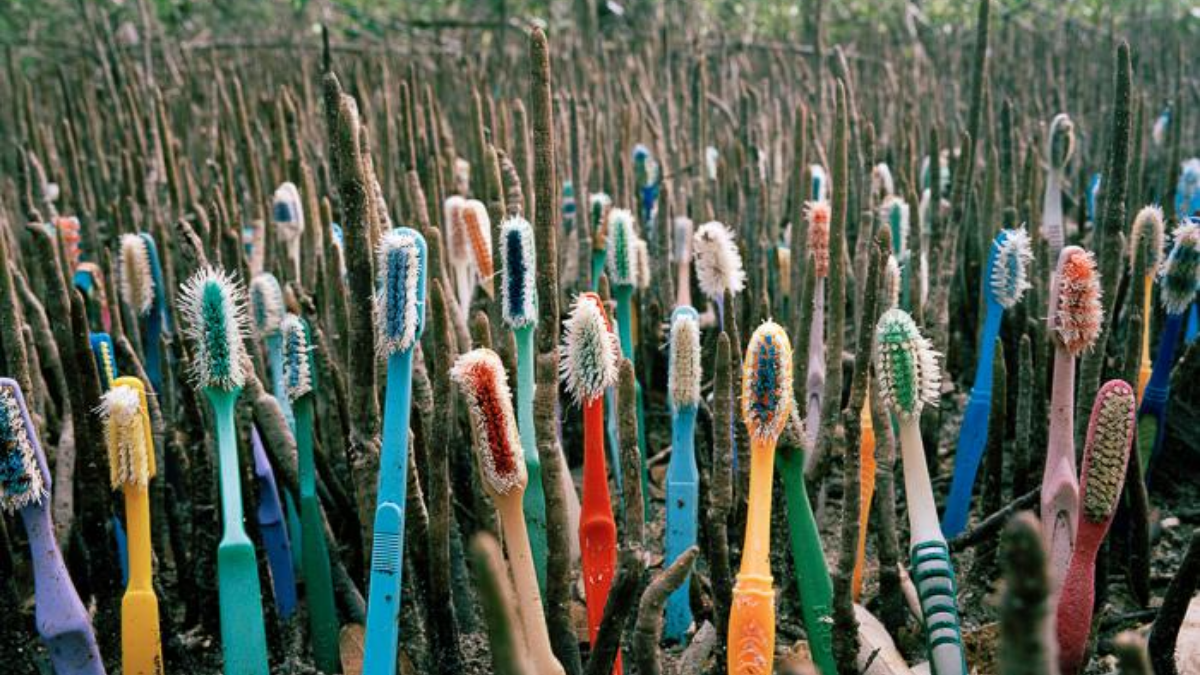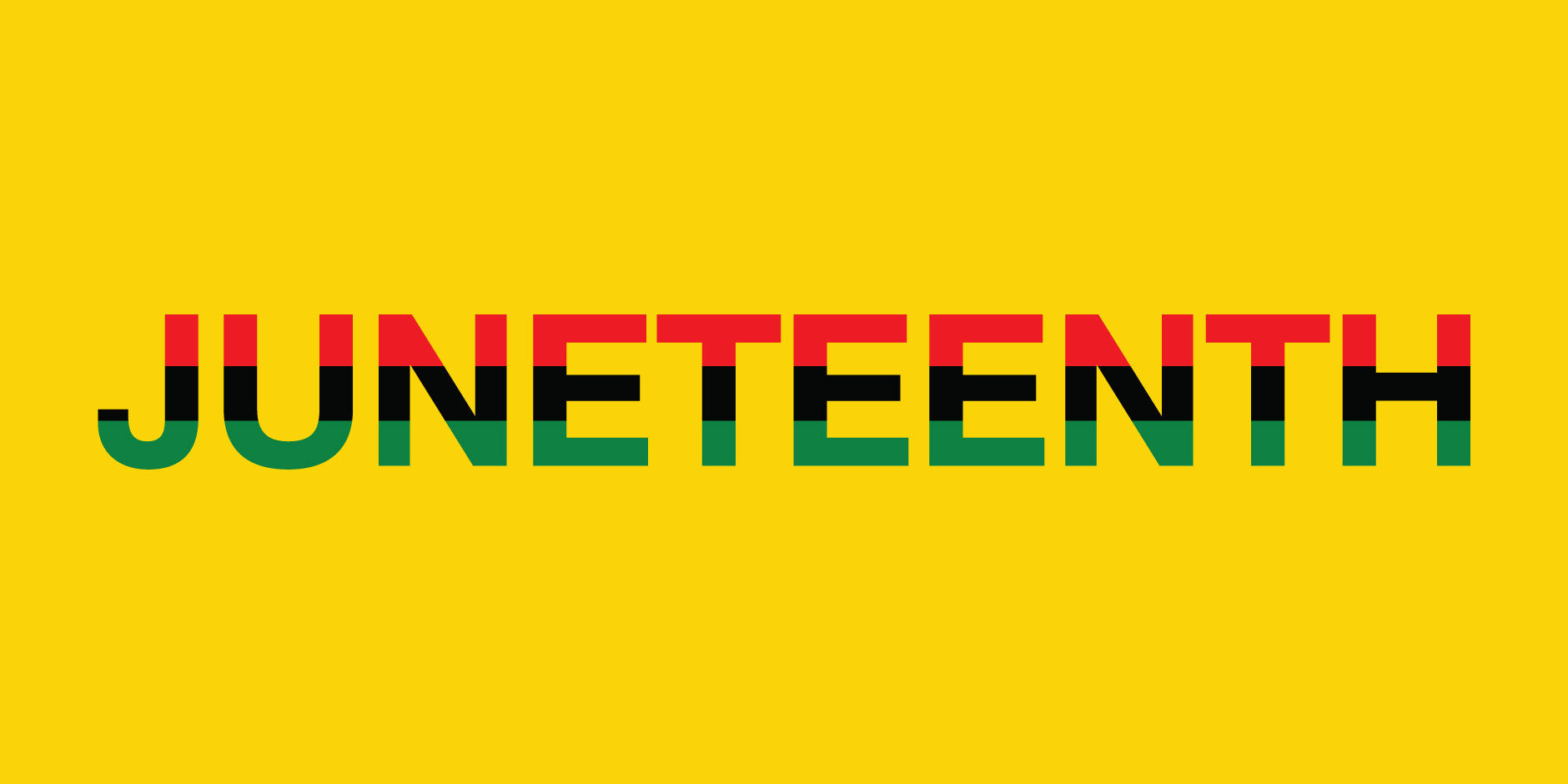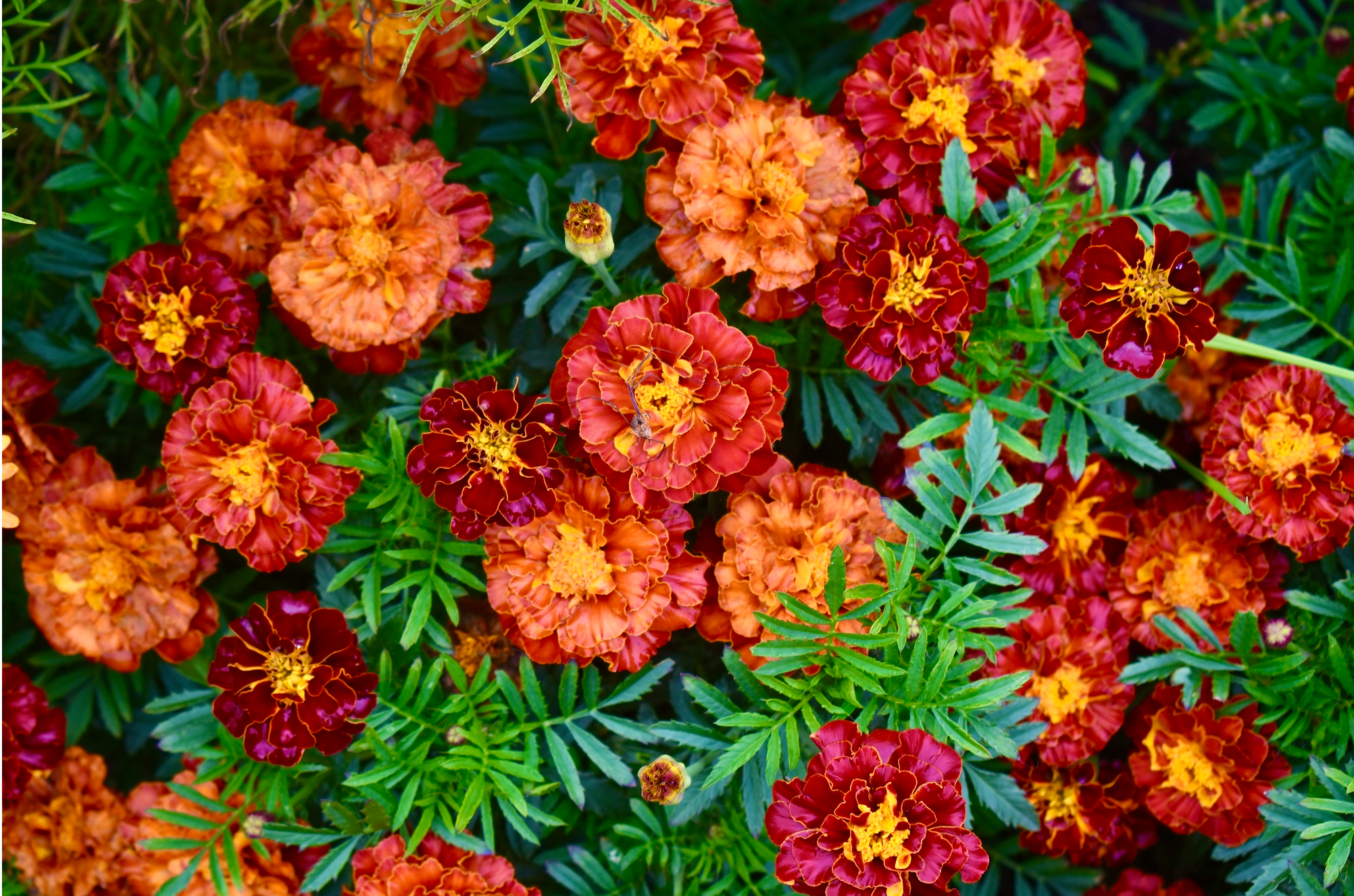
Have You Ever Googled, "Where Do Plastic Toothbrushes Go"?
Have you ever waxed existential while throwing your plastic toothbrush in the trash after its recommended three-month use? The answers might not be pleasant, but asking a simple question might lead us to a more pleasant future: where do plastic toothbrushes go?
By Ede Virata, MamaP Writer
The short answer: everywhere.
Landfills. The ocean. On the shores of the most beautiful beaches. In fish and whales. Even in the water we drink. Some may be recycled but since it can be cheaper to make new plastics than to recycle, big companies don’t bother recycling their products anymore. If the world population of 7.8 billion throws away four toothbrushes a year, pretty soon the planet will be covered in plastic, many of which are toothbrushes. Yes, this is dark, and to quote environmentalist Mike Berners-Lee, “there is no planet B” for us to shuttle off to if that happens. Yet now is not the time to fret. The fact that people are asking questions on the whereabouts of used and disposed plastic means now is the time to be more thoughtful.

Think about this: each toothbrush has a life, and a life span
And no, this doesn’t mean we should treat toothbrushes as sentient beings, but maybe something close to that. Thinking about an every day, practical object such as a toothbrush as having a life and its own life span gives it better purpose and allows us to curate what kind of objects get to be part of our lives on this earth.
Toothbrushes used to be made of natural materials such as boar bristles and bone handles. These were biodegradable but expensive to make, so companies started inventing materials that were cheap and easy to mass-produce. The typical, modern toothbrush made by the big companies we know today is composed of polymers that are difficult, if not impossible, to break down naturally. A single toothbrush made of these synthetic polymers would take thousands of years to decompose. This means that the first plastic toothbrush from the 1930s may still be alive today, in a landfill or ocean. This means that a single plastic toothbrush that we used for only three months has a far longer life span: one that will exceed ours and generations to come.

A more thoughtful alternative: a toothbrush with a life that keeps on giving
A toothbrush made with recyclable bristles and a compostable handle has a more fruitful life (literally) compared to that of a plastic toothbrush. A bamboo toothbrush (like ours here at MamaP) with vegan, recyclable bristles is a perfect example. After its recommended life of three months use, the bristles can be thrown into the recycling bin or sent to organizations like TerraCycle, and the bamboo handle can be thrown into the compost. Bamboo only takes about six months to biodegrade, and if composted, this means our MamaP toothbrush has a life that can give even more life: as rich soil that nourishes plants, fruit-bearing trees, or vegetables we can eat. Compare that to the life of a plastic toothbrush that can’t biodegrade for at least a thousand years.
 Source: Jay Sueno
Source: Jay Sueno
Food for thought: let’s nourish the earth and the earth nourishes us
Plastic toothbrushes are cheap to produce and cheap to buy, but they cost us so much more. Each plastic toothbrush that ends up in landfills or oceans costs us our home, the earth, and if we lose the earth, we lose our lives too. Bamboo toothbrushes are more thoughtful alternatives. They may not be as cheap but they nourish the earth even as they are thrown away. Each bamboo toothbrush we use doesn’t only help our dental hygiene (and other good causes along the way!), but also helps produce more plants that nourish the earth, rather than more trash. Choosing a bamboo toothbrush like ours over plastic ones may cost a few dollars more, but doing so saves our planet and our lives one bamboo toothbrush at a time. And that’s a small price to pay for a more fruitful future.
About the author: Ede Virata is a environmental and social writer based in the Philippines. She has worked as a strategist and manager at international advertising agencies. Ede's spends her free time surfing, dj'ing, and cooking locally sourced foods.




1 comment
I’ve never thought to think about an object like a toothbrush like it has a life our soul. But it makes sense, kind of a Marie Kondo thing. If we become more mindful and give gratitude to all things (living or inanimate) in our lives, then we will choose the better options. Go Team!
Jay Sueno
Leave a comment
This site is protected by hCaptcha and the hCaptcha Privacy Policy and Terms of Service apply.